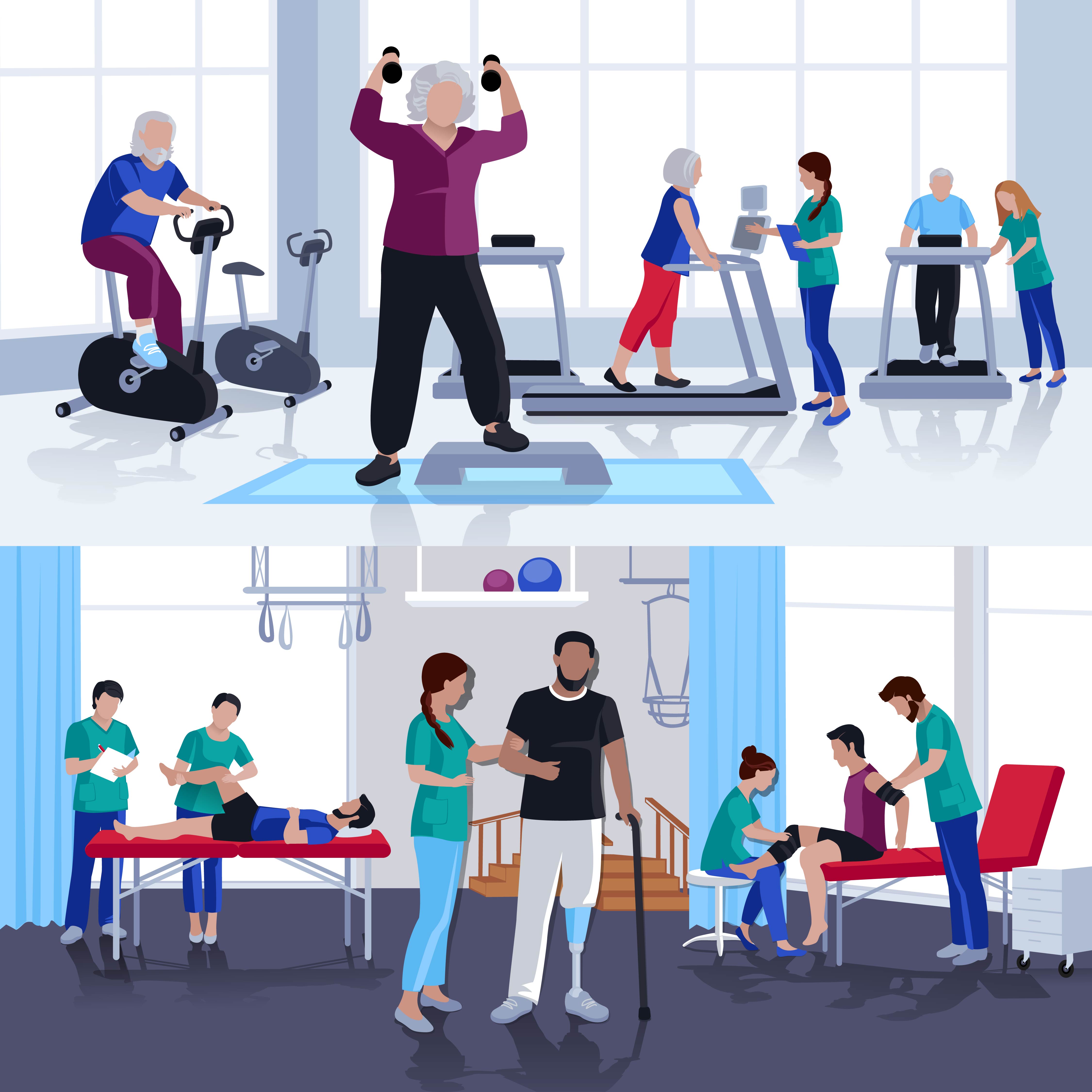
Physiotherapy is a widely recognized form of therapy that focuses on treating physical issues and promoting overall health and well-being. Through a combination of exercises, manual techniques, and education, physiotherapists help individuals restore and maintain movement and function in their bodies. From addressing sports injuries to managing chronic conditions, physiotherapy plays a vital role in enhancing the quality of life for countless people around the world.
Whether aiding in the recovery process after surgery, helping patients manage pain and mobility issues, or improving strength and flexibility, physiotherapy offers a holistic approach to address a range of physical ailments. The hands-on nature of physiotherapy enables practitioners to assess each individual’s unique needs and develop personalized treatment plans to assist them in reaching their full potential. By harnessing the body’s natural ability to heal and adapting techniques to suit each person’s requirements, physiotherapy empowers individuals to take an active role in their own well-being.
Benefits of Physiotherapy
Physiotherapy offers a multitude of benefits for individuals seeking to enhance their physical well-being. Through customized treatment plans, physiotherapists help improve mobility, reduce pain, and restore function, enabling patients to regain independence in their daily lives. By focusing on strengthening muscles and improving flexibility, physiotherapy plays a crucial role in enhancing overall physical health and quality of life.
Another key benefit of physiotherapy is its ability to prevent injury by addressing musculoskeletal imbalances and promoting proper body mechanics. Through targeted exercises and manual therapy techniques, physiotherapists assist individuals in correcting postural issues and addressing movement impairments. By teaching patients how to move correctly and safely, physiotherapy empowers individuals to avoid future injuries and maintain long-term physical health.
Moreover, physiotherapy is instrumental in expediting the recovery process following surgeries or traumatic injuries. By providing expert guidance and support, physiotherapists help patients regain strength, flexibility, and range of motion, leading to faster and more effective rehabilitation outcomes. The hands-on approach of physiotherapy fosters a collaborative relationship between patients and therapists, ensuring a holistic approach to healing and recovery.
Common Treatments
Physiotherapy offers a wide range of treatments tailored to individual needs. One common treatment is manual therapy, which involves hands-on techniques to mobilize joints, reduce pain, and improve muscle function. This hands-on approach can help to restore movement and function in areas affected by injury or disability.
Physiotherapie Near Me
Another key treatment in physiotherapy is therapeutic exercises. These exercises are designed to improve strength, flexibility, and endurance. By prescribing specific exercises based on the individual’s condition, physiotherapists aim to enhance overall physical function and facilitate recovery from injuries or surgeries.
Modalities such as ultrasound, electrical stimulation, and heat or ice therapy are also frequently used in physiotherapy treatments. These modalities can help reduce pain, inflammation, and muscle spasms, promoting the healing process and improving functional outcomes for patients.
Future Trends
In the coming years, the field of physiotherapy is poised to embrace innovative technologies that will revolutionize treatment approaches. Advanced tools like virtual reality (VR) and augmented reality (AR) are expected to play a significant role in enhancing rehabilitation outcomes by providing immersive and interactive therapy sessions.
Furthermore, the integration of artificial intelligence (AI) into physiotherapy practices is anticipated to streamline patient care processes and personalize treatment plans. AI-powered algorithms can analyze vast amounts of patient data to offer tailored exercise regimens and monitor progress in real-time, ultimately optimizing recovery trajectories.
Moreover, as telehealth continues to gain momentum, remote physiotherapy services are projected to become more prevalent. This shift towards virtual consultations and monitoring will not only make healthcare more accessible to individuals in remote areas but also enable patients to receive ongoing support conveniently from the comfort of their own homes.



